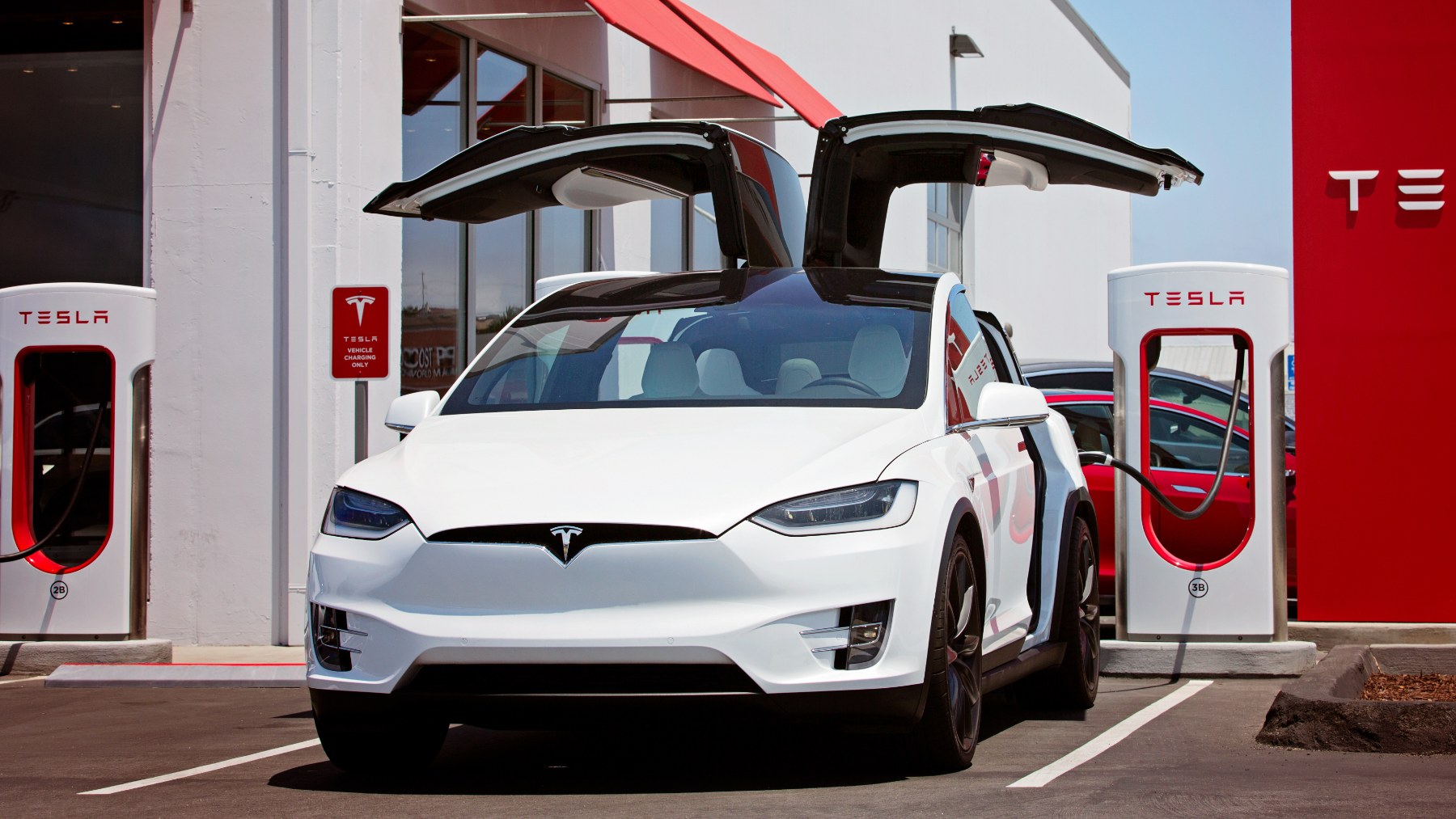
Tesla doesn’t want you to – The trick almost no one knows how to charge your car much faster
- 23.03.2025 15:50
- eladelantado.com
- Keywords: Overheating, Battery Damage
Tesla owners use a wet towel hack to trick the system for faster charging, but Tesla warns of risks like overheating or damage. Charging efficiency varies with temperature; hot weather can improve speeds, while cold slows them down due to battery preconditioning.